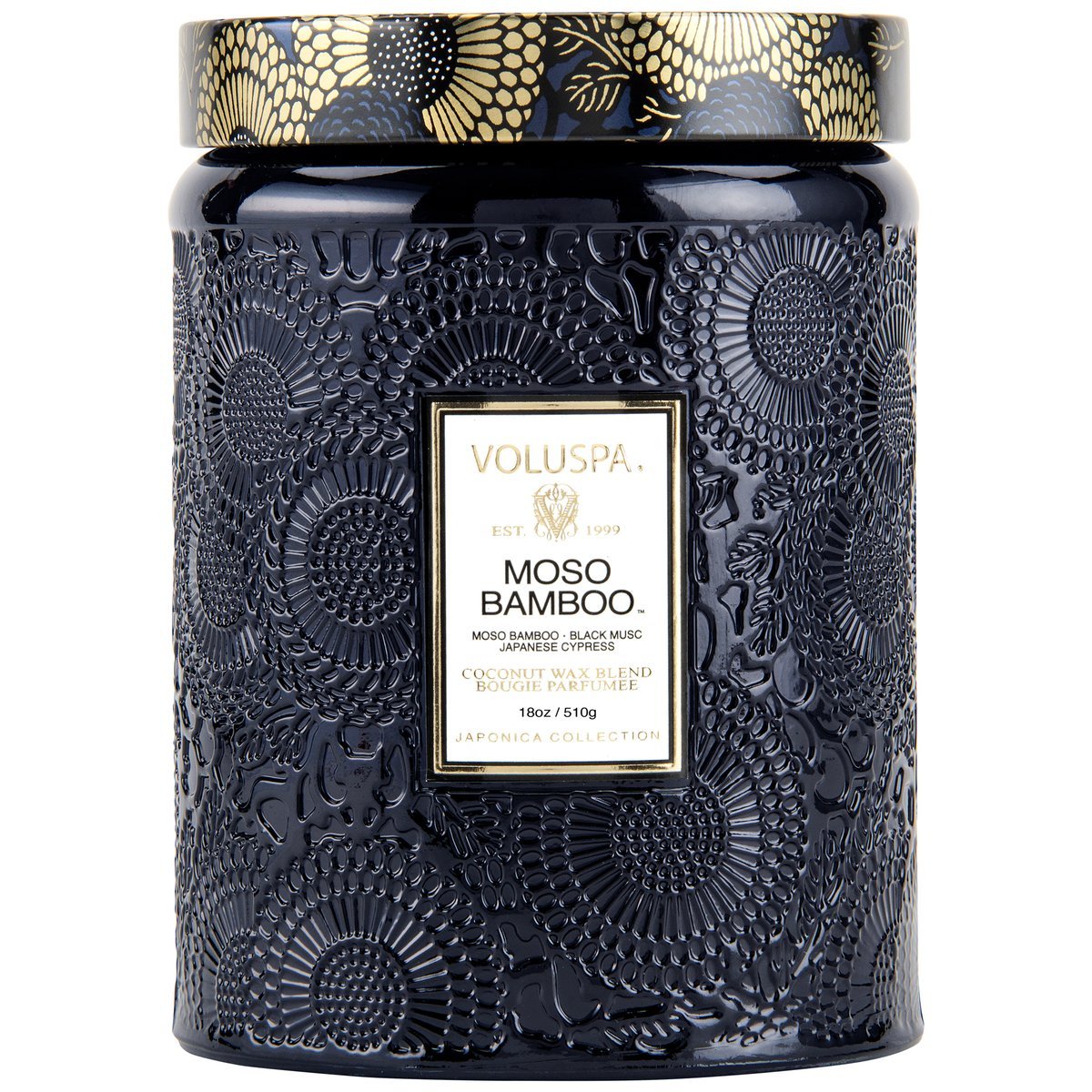

Bamboo, the prime member of the largest grass family, Poaceae, belongs to the subfamily Bambusoideae consisting of 75 genera accommodating 1,642 bamboo species (Vorontsova, Clark, Dransfield, Govaerts, & Baker, 2016). Among the several solutions to meet the conglomerated challenges, bamboo stays ahead as one of the plant species that can sustain the future world through its versatile nature (Ramakrishnan, Zhou, Baskar, & Packiam, 2018). Three formidable interlinked challenges of the contemporary world, solutions for which articulate a sustainable future, are food security, energy security, and climate change (Karp & Richter, 2011 Lal, 2010). We also discuss challenges underway, caveats, and contextual opportunities concerning sustainable development. Taking a pragmatic view of these future requirements, we have compiled the present status of bamboo physiology, genetics, genomics, and biotechnology, particularly of moso bamboo, to drive various implications in meeting industrial and cultivation requirements. Further, bamboo cultivation can expect several natural hindrances through biotic and abiotic stresses, which needs viable solutions such as genetic resistance. With its whole-genome information released, genetic manipulations of moso bamboo offer tremendous potential to meet the industrial expectations either in quality or in quantity. One of the commonly used species, moso bamboo ( Phyllostachys edulis) is a potential candidate that qualifies as industrial bamboo. Bamboo, as a crop species, has not become amenable to genetic improvement, due to its long breeding cycle, perennial nature, and monocarpic behavior. Bamboo is an ecologically viable choice, having better adaptation to wider environments than do other grasses, and can help to restore degraded lands and mitigate climate change. These include timber, fiber, biofuel, paper, food, and medicinal industries. With its potential realized, particularly in the industrial sector, countries such as China are going extensive with bamboo development and cultivation to support a myriad of industrial uses. We present bamboo, one of the versatile plant species on earth, as an ideal candidate for bioeconomy for meeting some of these challenges.

Thus, PeTCP10 may have positive regulatory functions in the drought tolerance of plants through an ABA-dependent signaling pathway and negative in lateral root growth via Me-JA mediated pathway.Sustainable goals for contemporary world seek viable solutions for interconnected challenges, particularly in the fields of food and energy security and climate change.


Yeast one hybrid and EMSA assays showed that stress-/ABA-responsive gene BT2 was the directly target gene of PeTCP10. RNA-sequencing revealed that PeTCP10 regulated the expression of a wide spectrum of stress-responsive DEGs. PeTCP10 inhibited lateral root growth via Me-JA (Methyl jasmonate) dependent pathway, while increasing taproot growth under continuous mannitol treatments during the seedling stage in transgenic Arabidopsis. Additionally, ABA sensitivity decreased in transgenic Arabidopsis and rice compared with wild-type plants over-expressing PeTCP10 in Arabidopsis promoted stomatal closure under ABA-treatment conditions, and ABA accumulated was non-significant difference between transgenic and wild-type Arabidopsis under drought condition. PeTCP10 conferred drought tolerance of transgenic Arabidopsis and rice as determined through phenotypic and stress-associated physiological indicators analysis, including relative water content, root growth, survival rate, germination rate, as well as malondialdehyde content. A distinct role in regulating drought-stress responses was identified. In this study, a TCP transcription factor, TCP10, was isolated from moso bamboo ( Phyllostachys edulis), and its expression level was induced under drought and abscisic acid (ABA)-treatment conditions. TCP transcription factors function as significant regulators in plant development and stress defense.


 0 kommentar(er)
0 kommentar(er)
